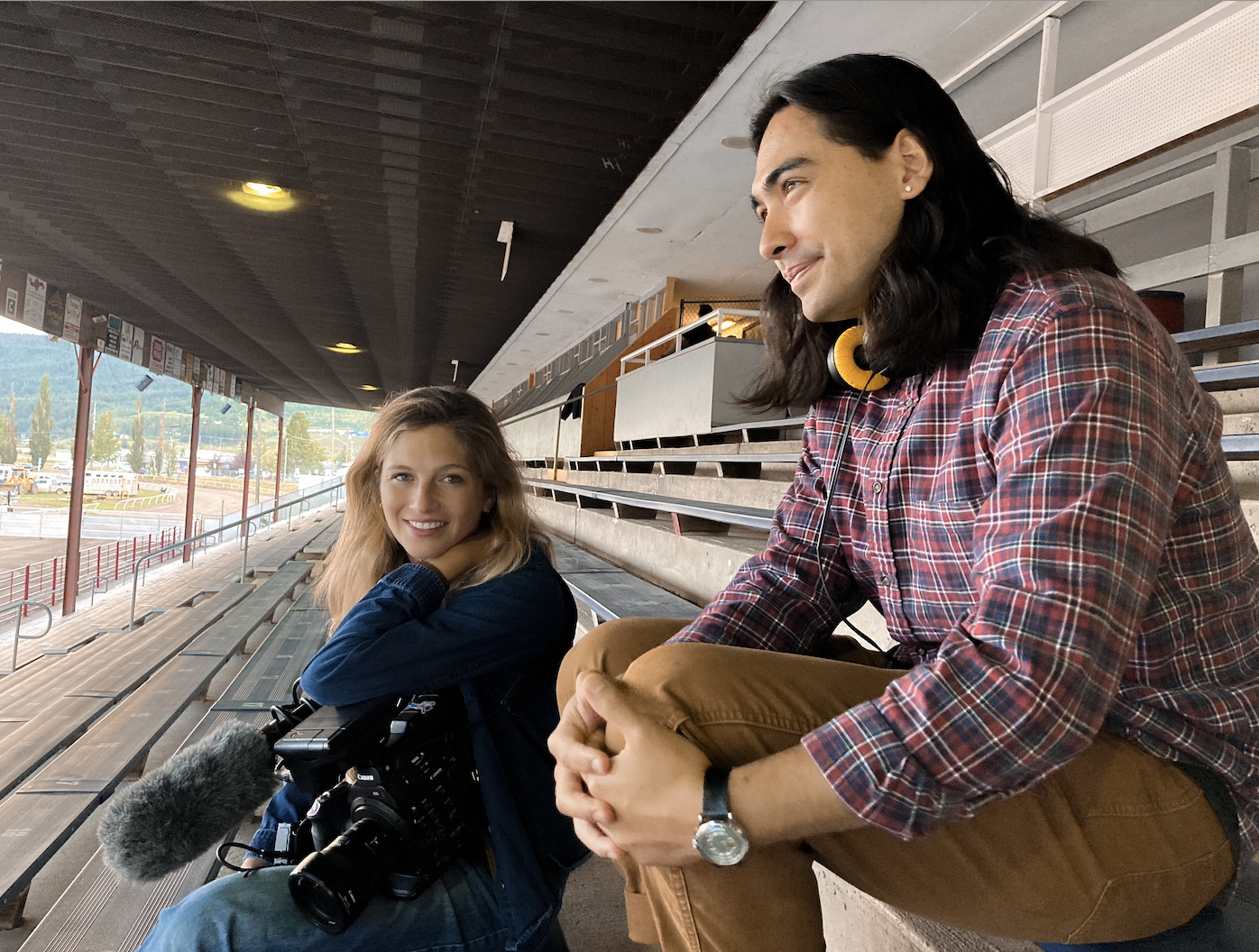Director’s Statement

From the outset, we knew that SUGARCANE needed to convey how the past is present for the survivors of residential schools and their descendants. How the death toll from a century-long colonial effort by the Church and government continues to rise. So for nearly three years, we lived alongside our participants, feeling the rawness of their pain and bearing witness to the bravery in their resilience, while documenting a vibrant world in a moment of historic reckoning.
Throughout, we were drawn to the contradictions we saw in the lives of our subjects: of faith, of culture, of the beauty and weight of home and family, when those things have been so fundamentally broken, and of the pursuit of truth, which can both liberate and kill. But we also connected to the parts of this experience that transcended: of the humanity that called our subjects to a greater, lasting purpose at the moment it mattered most; of the connection between departed ancestors and loved ones and the people they left behind; and of the forces that, for some reason, brought us together to tell this story.
To tell that kind of story, our filmmaking aimed to be at once intimate and epic. We took time to revere the awe-inspiring mountains, lakes and rivers of British Columbia and the dusky history of the Vatican—the Indigenous homelands and the imperial metropole that besieged them. We were alongside our participants as they dug graves for their friends, as they searched for painful truths in the recesses of their memories, and as they mustered the courage to confront representatives of the Church, government and their own families. You can feel their hesitation, the twitch of their fingers, the catch in their breath as they struggle to confront their deepest secrets and give voice to their shame.
From common values and a shared vision—based as much on heart as intellect, and on vulnerability as much as experience—we were lucky to invite a small community of talented filmmakers into our core collaboration, who lent their own compassion and brilliance to the making of our first feature documentary, and from whom we learned a great deal. At many turns, making this film was the most significant experience of our lives. It brought us closer to Creation and whatever that thing is that is beyond and greater than ourselves.
Indian residential schools nearly annihilated the Indian way of life—a life imperiled by the pain and injustices of colonialism, yes, but also, overwhelmingly, a beautiful life full of family, culture and love. Our film aims to transform these dark truths into powerful legends that can endure and be remembered by future generations.
